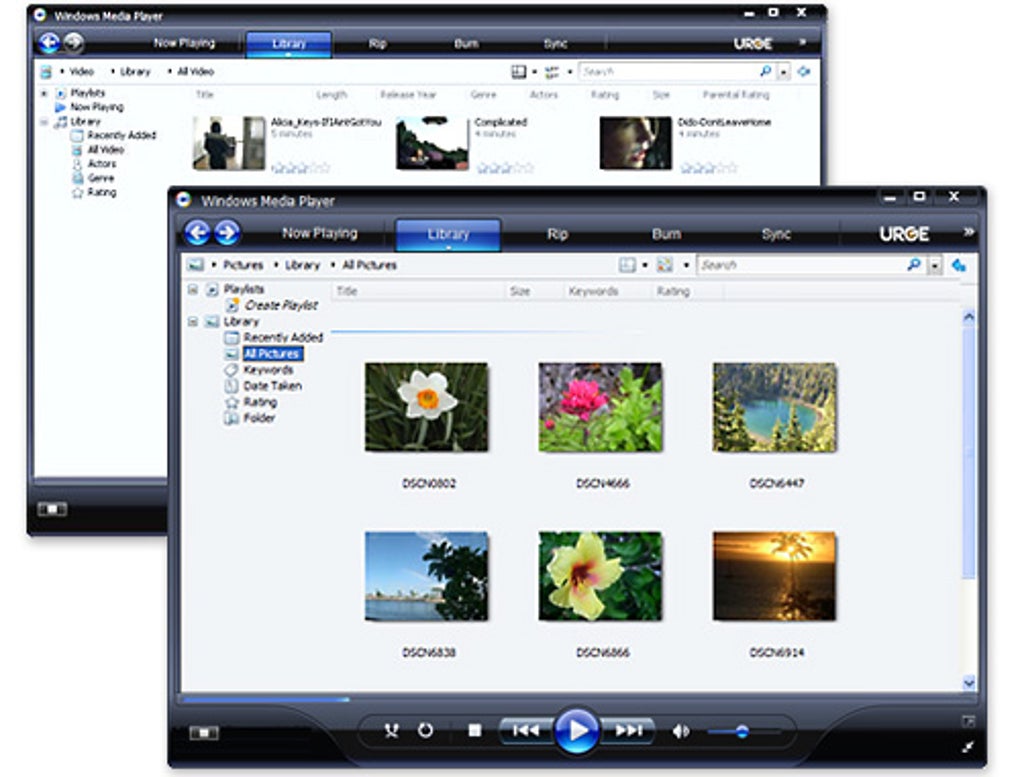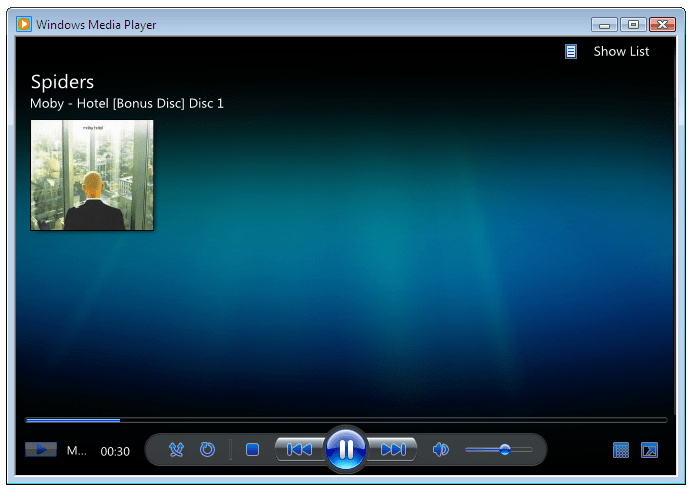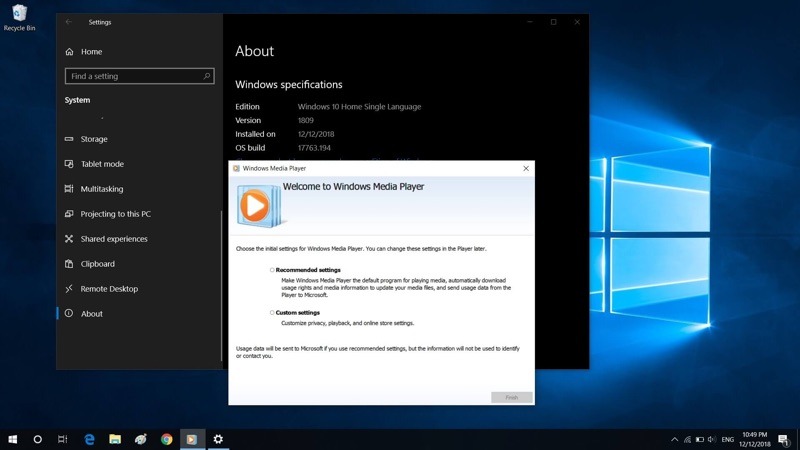If you're looking for a convenient app to let you play your audio and video files, you might want to give Windows Media Player 11 a try. In addition to allowing you to play your files, this app will also let you make a library of your media files. You can also create a playlist of music. These features allow you to access and organize your media files more easily.
This app is still being used, but it is from a few years back when Microsoft XP was commonly being used. That's why a lot of people like to use the Windows Media Player 11 when they're viewing file types from a few years ago. For example, this is a good app to use to view AVI files. A lot of users enjoy being able to make their library using the media player and change the names of the files within the library. It's easier than ever to copy a library in Windows Media Player 11. On the other hand, some users have complained that it's a little more complicated to install the software. This is due to the fact that the software has to be validated. However, there's a lot of information available in online forums to help users through this part of using the software.
Windows Media Player 12 is the default media player available for Windows 10, Windows 8 and Windows 7. Version 12 has been enriched with additional features from the previous versions including a simplified interface and an improved play mode. Windows Media Player also allows users to watch movies and listen to audio recordings. That's why a lot of people like to use the Windows Media Player 11 when they're viewing file types from a few years ago. For example, this is a good app to use to view AVI files. A lot of users enjoy being able to make their library using the media player and change the names of the files within the library.
Pros
- Keep files organized without any effort- If you like to stay organized and you have a lot of video and photo files, this is a good app for you. It's easy to organize libraries and playlists with Windows Media Player 11.
- Use the player itself to make edits to tags and file names- It's convenient that you don't have to go out of the program when you want to change the name of your files. You can make edits to things like tags and files right there in the app.

Cons
- New codecs are necessary when you want to include new file types- Because this app is a little dated, you have to add in codecs if you want to try to use it to run newer files.
- You can't use this on a 64bit Windows 10 machine- Another thing that indicates the age of this app is that it won't work with a 64bit windows machine.
Free Windows Media Player Downloader
Designed by media lovers for media lovers. Windows Media Player 12—available as part of Windows 7, Windows 8.1, and Windows 10*—plays more music and video than ever, including Flip Video and unprotected songs from your iTunes library! Organize your digital media collection, sync digital media files to a portable device, shop online for digital media content, and more—with Windows Media Player 12.
Streamlined playback modes


The Now Playing mode is a study in minimalism: It shows only the controls you need, so nothing comes between you and your music or video. A new taskbar thumbnail with playback controls makes previewing easier and more fun.
Plays more media in more places

Windows Media Player 12 has built-in support for many popular audio and video formats. Sync music, videos, and photos, or stream media to your devices so you can enjoy your library anywhere, at home or on the road.
For info about the latest version for your system, see Get Windows Media Player.
Windows Media Player 9
To manually troubleshoot or upgrade your installation of the Player, try the following:
Click the Start button, type features, and then select Turn Windows features on or off.
Expand Media Features and see whether the Windows Media Player check box is selected. If it is, clear the check box.
Click OK and then restart your PC. This will remove your current version of Windows Media Player.
After your PC has restarted, repeat step 1.
Expand Media Features and select the Windows Media Player check box.
Click OK and then restart your PC. This will reinstall the latest version of Windows Media Player for your system (Windows Media Player 12, with a few exceptions).
Note: Windows Media Player isn't available for Windows RT 8.1.
Windows Media Player Download
* Windows Media Player 12 is included in clean installs of Windows 10 as well as upgrades to Windows 10 from Windows 8.1 or Windows 7. DVD playback isn't included in Windows 10 or Windows 8.1. Go to the DVD playback for Windows page to find out how to add DVD playback.